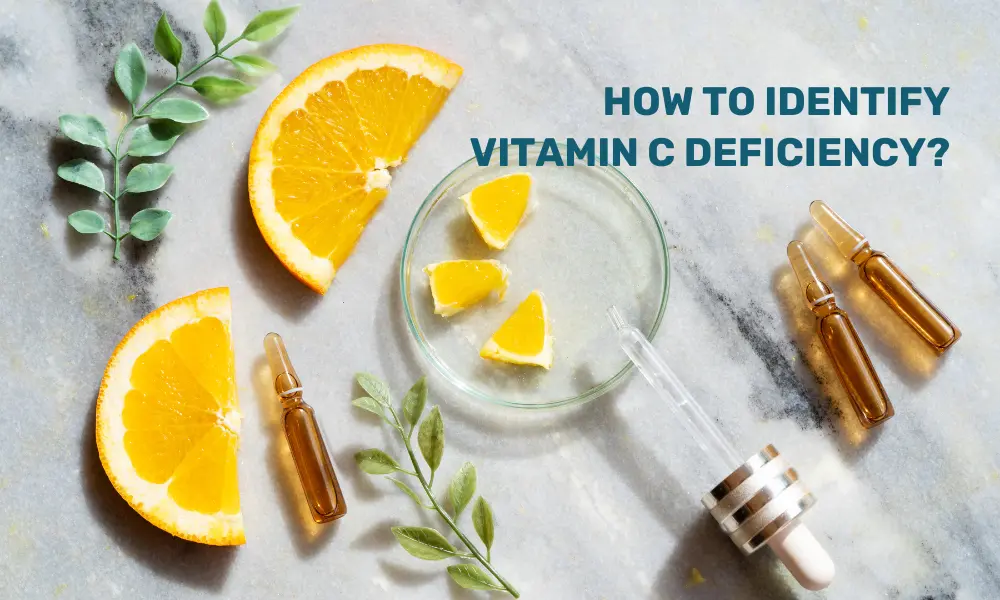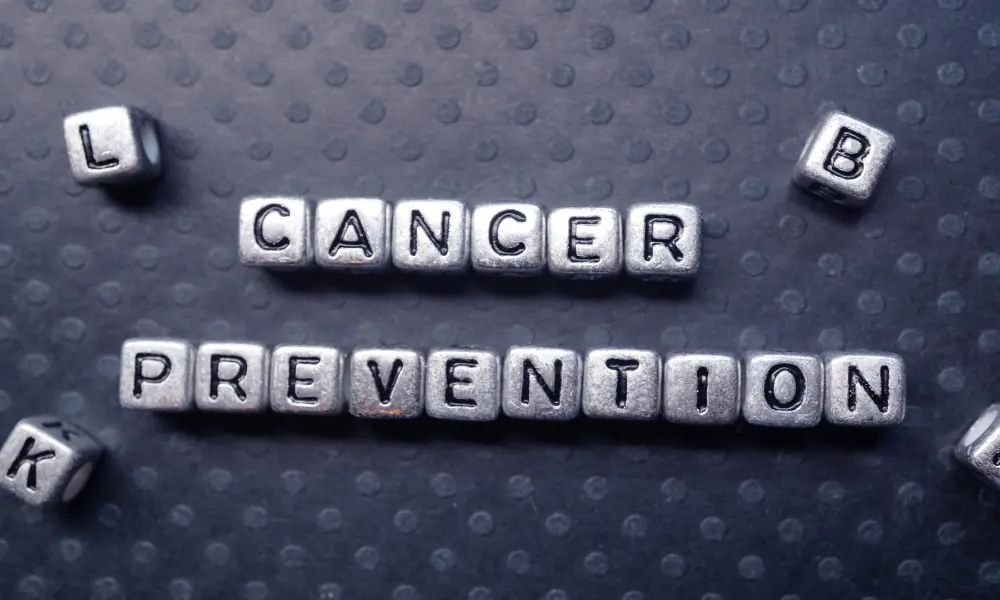Vitamin C plays a vital role in maintaining your daily health. Readily available through natural sources, many people can develop a vitamin C deficiency since it cannot be stored in the body. Therefore, one must include a source of vitamin C in your diet every day.
Causes of Vitamin C deficiency
-
Pregnancy and breastfeeding
-
Excessive Cooking can destroy vitamin C in food.
-
A diet low in fresh fruits and vegetables can lead to vitamin C deficiency.
-
Type 1 Diabetes may cause Vitamin C deficiency.
-
Alcohol Consumption may also lead to this deficiency.
Signs of Vitamin C deficiency
If you suspect a vitamin C deficiency, here are some signs that may indicate vitamin C deficiency:
Frequent Tiredness:
Fatigue is one indication that you may need more vitamin C. If you’re constantly weary and haven’t altered anything about your diet or lifestyle, it could be due to low vitamin C levels in your body or the early stages of scurvy. However, there are numerous causes of weariness. If you’re fatigued, see your doctor for an assessment and bloodwork to establish the source of your fatigue and whether you need more vitamin C.
Easy Bruises
If you have observed more bruises than usual, vitamin C insufficiency could be the cause. The vitamin promotes blood clotting and maintains the body’s tissues robust. If you don’t have enough of it in your system, it can cause quick bruising. So, if being bumped during your morning ritual results in the dreaded black-and-blue mark, consider increasing your dosage. Your body may take many weeks to absorb adequate vitamin C from foods or supplements. A low platelet count is another reason for bruising, so get a comprehensive check-up and blood test before concluding your vitamin C deficient.
Feeling Sick Often
If you’re catching every respiratory infection and virus that comes your way, you may need to increase your vitamin C intake. Vitamin C is an antioxidant that protects cells from oxidative stress and aids the immune system in fighting infections. This antioxidant vitamin also promotes wound healing and healthy collagen formation. Vitamin C could help you prevent the latest infections. In addition, if you aren’t consuming fruits and vegetables, which are high in vitamin C, your body may be craving them.
Skin problems
If you do not get enough vitamin C, you may see some obvious skin changes. Low vitamin C levels often cause red or discoloured skin areas. Bruising is common, particularly on the insides of elbows, where bruises are typically not present. Dryness and cracking around the corners of your mouth.
Wounds heal slowly
If you are having trouble healing from surgery, cuts, or other wounds, you may consider increasing your vitamin C intake. According to studies, more than half of patients who received high doses of vitamin C after surgery healed faster than those who did not take the supplement. Vitamin C supports healthy collagen, a protein that maintains skin smooth and elastic. Without enough vitamin C, your body does not make enough new collagen as you age, which is why many older individuals have wrinkles on their cheeks and hands. So, if you desire young-looking skin (consume enough fruits such as kiwis and oranges.
Your gums are bleeding.
Vitamin C is an effective antioxidant that can help prevent gum disease. One study discovered that patients with low vitamin C levels were 1.16 times more likely to have bleeding gums. Gum bleeding may also be indicative of scurvy, a vitamin C deficiency condition. If you have bleeding gums, eat more vitamin C-rich foods while also consulting your dentist to rule out gum disease.
Your joints ache
Joint pain is among the most prevalent symptoms of vitamin C insufficiency. It can affect any joint however it is most prevalent in the knees and hips. Why can vitamin C shortage create joint pain? Vitamin C promotes the formation of healthy collagen, which helps to strengthen joints. If you do not consume enough, your joints may suffer. Symptoms include painful joints when you move, stiffness, swelling, and bruising around your joints, as well as aching muscles or tendons close to your joints.
If one has these symptoms, it’s important to see a doctor because they might be caused by something else also. But one must ensure to get enough vitamin C in diet for good health. To consult a GP – CLICK HERE.
FAQ on Vitamin C
How do I know I am lacking Vitamin C?
In case an individual has below symptoms, it may indicate vitamin C deficiency
-
Dry, Damaged Skin
-
Easy Bruising
-
Frequent Tiredness
-
Bleeding Gums
-
Slowly Healing Wounds
-
Painful, Swollen Joints
What fruit is highest in Vitamin C?
-
Guava
-
Mango
-
Black currants
-
Papaya
-
Pineapple
-
Orange
-
Kiwifruit
-
Grapefruit
-
Cantaloupe
-
Pomegranate
How do I know my Vitamin C Level?
Vitamin C Levels can be checked through blood tests.



